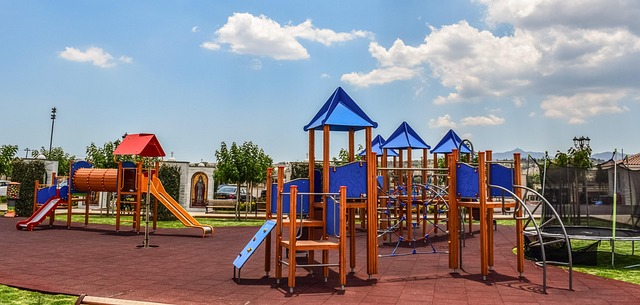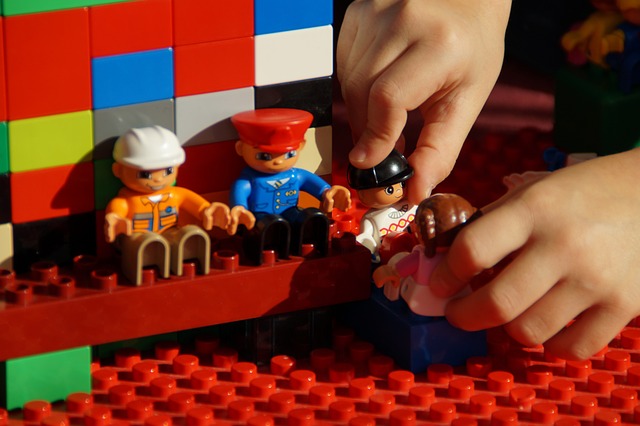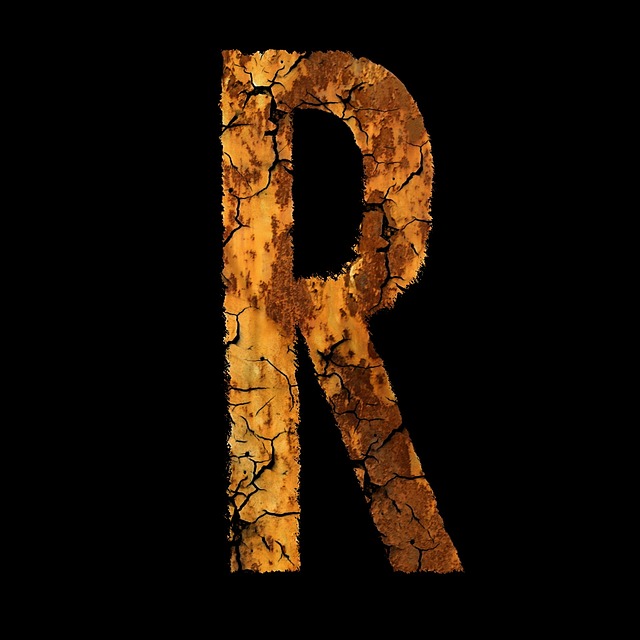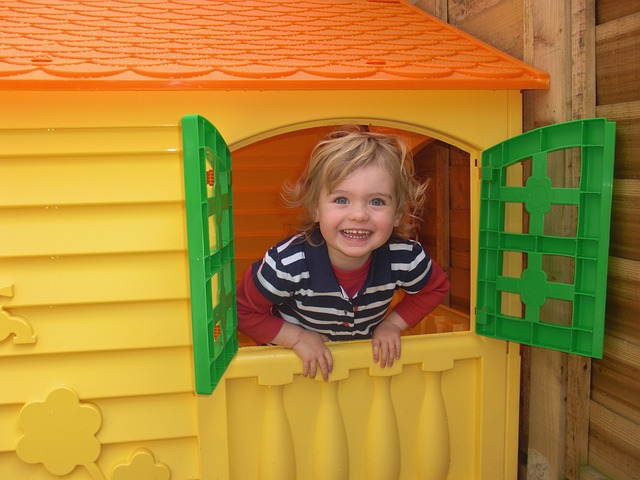
Busting Common Myths About AAC
Augmentative and Alternative Communication (AAC) is a powerful tool used to support communication. AAC can be used to support connection, learning, and independence. Yet, despite its benefits, AAC is often surrounded by myths that can delay or prevent it’s use. Here are some of the most common AAC myths. Myth 1: “AAC will stop my child from talking.” Truth: AAC supports speech—it doesn’t replace it. Research shows that AAC can actually help kids develop spoken language. Myth 2: “AAC is a last resort.” Truth: Don’t wait! AAC can and should be introduced early. It’s a valuable tool, not a backup plan. Myth 3: “AAC is only for nonverbal kids.” Truth: Anyone with communication struggles can benefit. Many AAC users speak but need











